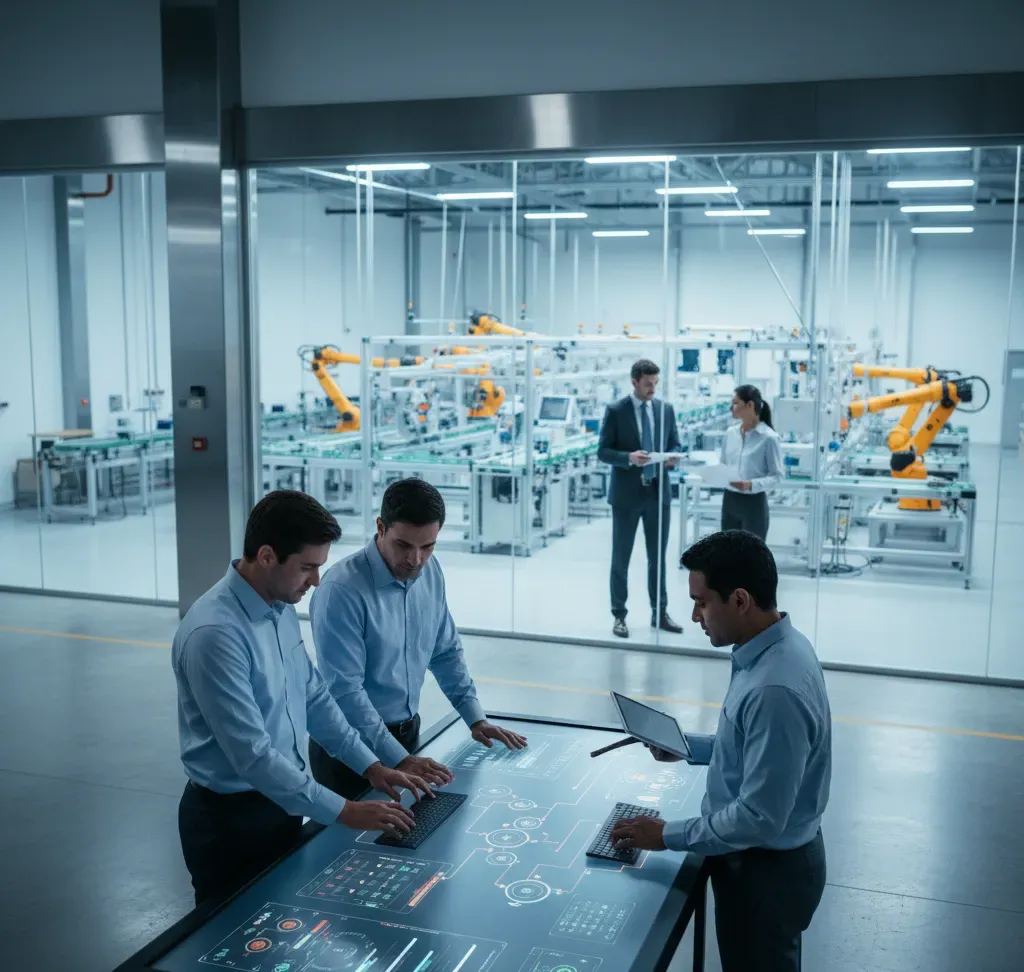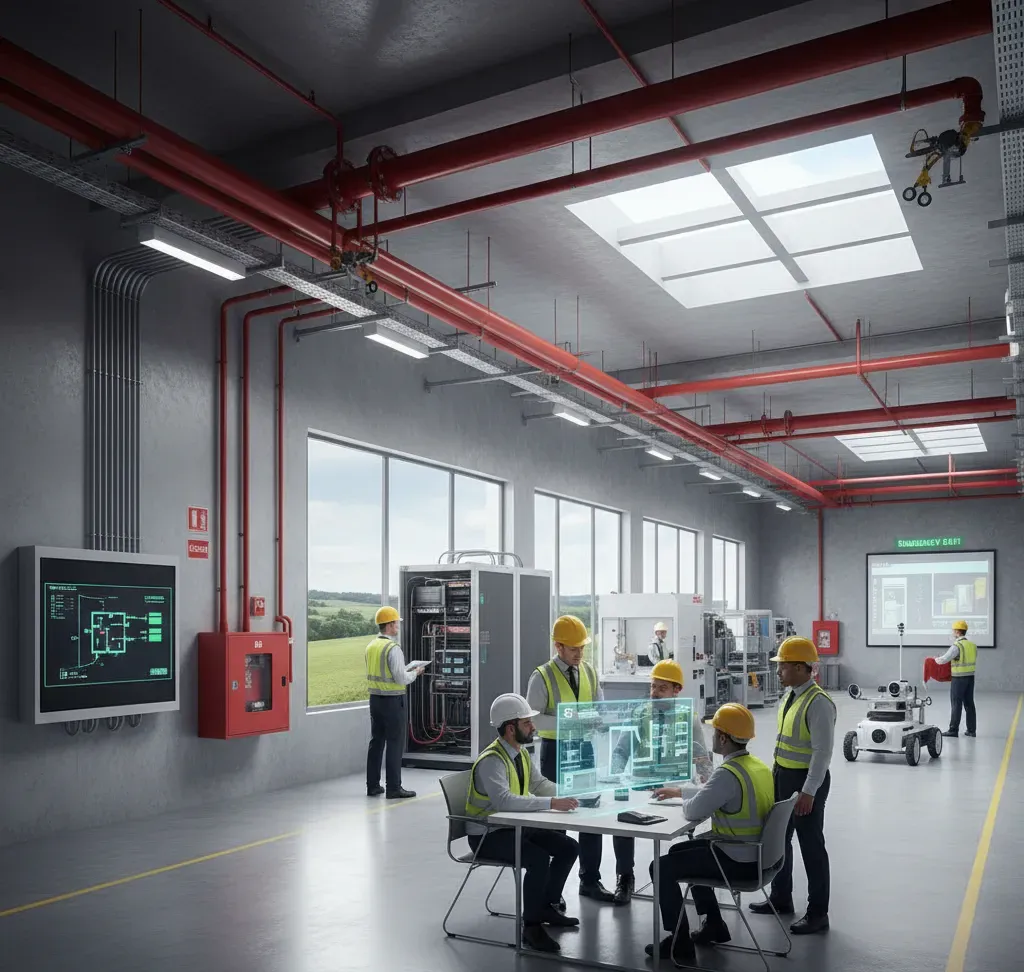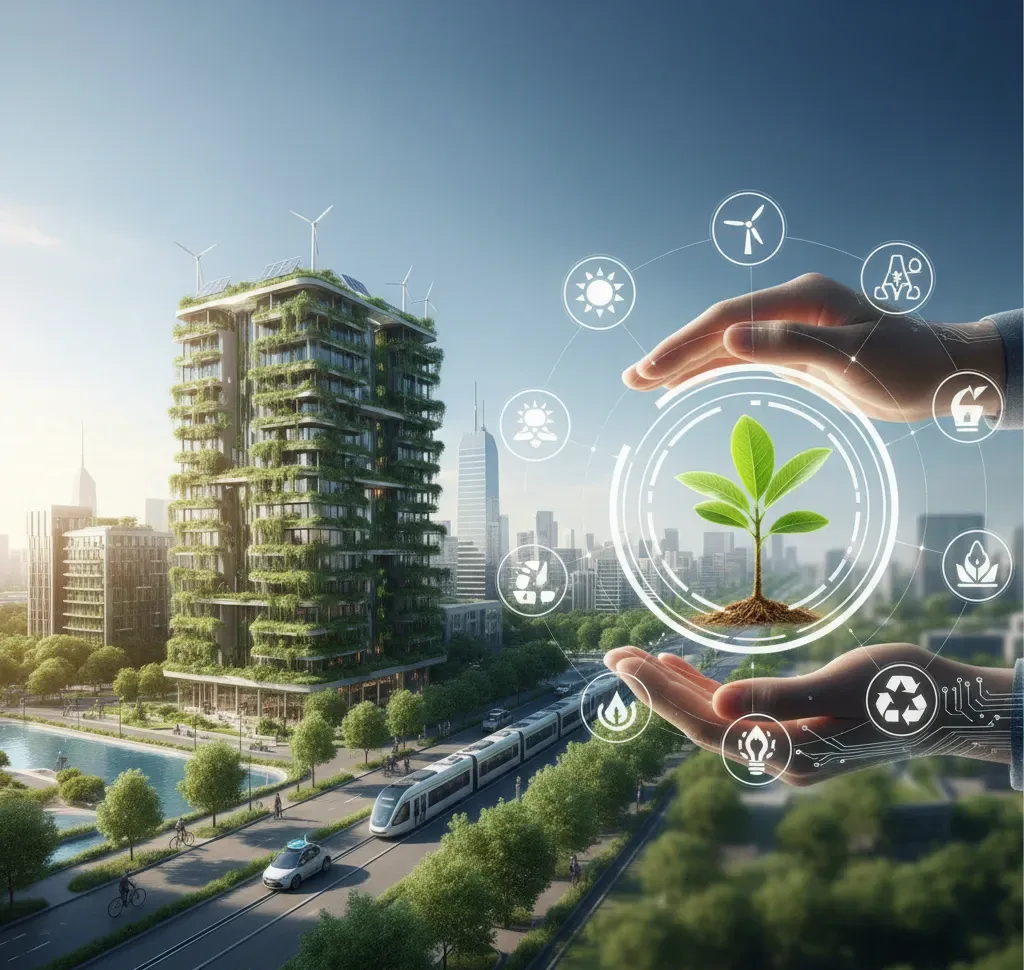Institute of Industrial Engineers & Safety Management Systems

Who We Are
The Institute of Industrial Engineers and Safety Management Systems (IIESMS) is a globally recognised, non-profit organisation headquartered in Ireland.
Our mission is to advance industrial engineering, sustainable engineering, fire safety, and occupational health and safety. As a trusted advisor, advocate, and educator, we collaborate with professionals worldwide, equipping them with the knowledge and skills needed to excel in a rapidly evolving industry.
Our Focus on Sustainability
A key priority for IIESMS is sustainable engineering — integrating environmental, social, and economic factors into engineering design and practice. By championing sustainable methods and technologies, we help members create safer, healthier, and more resilient workplaces, while contributing to global sustainability goals.
Our Diverse Expertise
IIESMS professionals work across all sectors of the economy, including:
- Manufacturing, aerospace, agriculture, and food processing
- Construction, healthcare, pharma, and forestry
- Finance, hospitality, logistics, services, and education
This breadth of expertise enables us to deliver sector-specific training, guidance, and innovative solutions tailored to members’ needs.
Education & Recognition
IIESMS is also an awarding body, offering both Irish and international qualifications that enhance members’ career prospects and professional standing. Our education and certification programmes span:
- Healthcare management → safety, efficiency, and patient care
- Fire safety → risk assessment, prevention, and management strategies
- Health & Safety Management Systems (HSMS) → building strong safety cultures and regulatory compliance
Our Commitment
At IIESMS, we are dedicated to empowering members to achieve professional excellence, drive innovation, and contribute to the sustainability and success of the global engineering community.
Through collaboration with industry leaders, educational institutions, and policymakers, we uphold the highest standards of practice and ensure our members are prepared to meet tomorrow’s challenges.
Sectors Groups
Facility Management
Facilities management involves the efficient and effective coordination of the physical workplace, encompassing maintenance, security, and compliance with regulations, to support an organisation's primary activities.
Industrial Engineering
Industrial engineering focuses on optimising complex systems, improving efficiency, productivity, and quality by integrating people, technology, and processes within industries.
Fire Safety
Fire safety encompasses preventive measures, safety protocols, and emergency responses to protect lives, property, and the environment from fire hazards.
Safety & Health
Safety and Health at work involve implementing regulations, practices, and training to prevent accidents, injuries, and illnesses in workplaces and public spaces.
Healthcare
Healthcare encompasses the prevention, diagnosis, treatment, and management of illnesses, ensuring the well-being of individuals through medical and support services.
Who We Work With
The Irish Government has bestowed upon the Institute of Industrial Engineering and Safety Management Systems (IIESMS) the privilege to nominate a representative to the Industry and Commerce panel of the Irish Senate. Furthermore, IIESMS is frequently solicited for contributions to government-industry white papers. In recent years, IIESMS has escalated its involvement and formed partnerships in numerous projects funded by the European Union. This active role underscores the Institute’s commitment to shaping industry standards and policies at both national and international levels.






What is Industrial Engineering
Industrial engineering is a specialised branch of engineering dedicated to optimising intricate systems and processes, predominantly within manufacturing and production landscapes. Industrial engineers strive to enhance efficiency, curtail waste and expenditure, and augment quality and productivity across many sectors, encompassing manufacturing, healthcare, and transportation. Key areas of concentration for industrial engineers may encompass:
- Architecting and refining production processes and systems
- Analysing and enhancing workflow and logistics
- Formulating and deploying new technologies and automation systems
- Appraising and optimising the utilisation of materials, energy, and other resources
- Executing time and motion studies to optimise work processes
- Formulating and deploying quality control and continuous improvement initiatives
- Overseeing projects and teams
At its core, industrial engineering is committed to designing and refining systems and processes to maximise efficiency and effectiveness while minimising waste and cost. Consequently, industrial engineers frequently collaborate with other professionals, such as mechanical engineers and computer scientists, to design and implement complex systems and technologies.

What are Fire and Safety Management Systems
Fire and Safety Management Systems are meticulously engineered to prevent and mitigate fire risks and other safety hazards within a specific facility or location. These systems are an amalgamation of technologies, processes, and procedures designed to reduce the probability of fires and other accidents and minimise the impact of such incidents when they occur. Critical components of a Fire and Safety Management System may include:
- Fire Detection and Alarm Systems: These systems are designed to identify the presence of a fire and alert individuals in the vicinity, enabling timely evacuation.
- Fire Suppression Systems: These are engineered to extinguish or inhibit the spread of fires. Examples may include sprinkler systems, fire extinguishers, and other advanced fire suppression technologies.
- Emergency Evacuation Procedures: These are implemented to ensure that individuals within the facility can evacuate safely during a fire or other emergencies.
- Training and Drills: These initiatives educate individuals about responding to fires and other emergencies and provide practice of emergency procedures in a controlled environment.
- Maintenance and Inspection: Regular upkeep and inspection of fire and safety systems and equipment are crucial to ensure optimal functioning and readiness to respond in an emergency.
- Fire Risk Assessment: This process involves evaluating the potential fire risks within a specific facility or location and identifying measures to reduce or eliminate those risks. A fire risk assessment aims to identify potential ignition sources, such as faulty electrical wiring or open flames, and implement measures to prevent fires from starting or minimise their impact when they occur. A trained professional typically conducts a fire risk assessment, evaluating various factors.
In essence, Fire and Safety Management Systems are integral to any facility’s risk management strategy, ensuring a safe environment for individuals to work and visit.

What is Sustainable Engineering
Sustainable engineering is an innovative field that concentrates on creating and developing systems, products, and technologies. These are not only environmentally friendly and socially responsible but also economically viable. The sustainable engineering approach integrates environmental, social, and economic considerations into the design and development. The aim is to mitigate adverse environmental impacts and foster the long-term sustainability of natural resources.
The scope of sustainable engineering is broad, encompassing a variety of topics and applications. These include renewable energy, sustainable transportation, green building design, waste management, water resource management, and eco-friendly product design.
The fundamental principles of sustainable engineering are pivotal to its approach. These principles include reducing energy consumption, minimising waste, and pollution, efficiently utilising natural resources, and promoting environmentally friendly materials and technologies.
The ultimate objective of sustainable engineering is to contribute to a more sustainable future. This is achieved by designing and developing systems and products that cater to the needs of the present generation without jeopardising the ability of future generations to meet their own needs.
Our Mission
As a leading professional engineering body, we strive to advance, promote, and unify professions on a global scale with the following vision:
- To serve as an inclusive organisation representing the diverse backgrounds, perspectives, and experiences of industrial engineers, fire safety engineers, and safety management professionals worldwide.
- To dedicate ourselves to the professional development of our members, equipping them with the requisite knowledge, skills, and resources for career success.
- To champion the significance of industrial engineering and safety management in industry and society, underscoring these professionals’ pivotal role in enhancing efficiency, productivity, and safety.
- To forge partnerships and collaborations with other organisations, institutions, and industry stakeholders to further the profession and its global impact.
- To operate sustainably that does not compromise the environment for future generations, acknowledging the necessity for responsible resource management and reducing the negative impact of industrial activity on the planet.
Our Values
At the IIESMS, our values are the guiding principles that shape our actions and decisions. They reflect our commitment to excellence, integrity, and service to the community.
- Excellence: We strive for the highest standards in all our endeavours, continually seeking to improve and innovate. We believe that excellence is not a destination but a continuous learning and improvement journey.
- Integrity: We uphold the highest ethical standards in our work, ensuring transparency, honesty, and fairness in all our dealings. We believe that integrity is the cornerstone of trust and credibility.
- Service: We are dedicated to serving our members, the public, and the industry. Our work should contribute positively to society and enhance the quality of life for all.
- Collaboration: We value the power of collaboration and partnerships. Working together can achieve more than we could individually.
- Sustainability: We are committed to operating in a way that does not compromise the environment for future generations. We believe in responsible resource management and reducing the negative impact of industrial activity on the planet.
These values guide our mission and vision, and they are integral to our commitment to advancing engineering science and technology, fostering professional development, and enhancing efficiency, productivity, and safety in industry and society.
News & Events

IIESMS supports the Southeast Regional Leaders Programme, mentoring future business leaders with support from Skillnet Ireland and Bausch & Lomb.